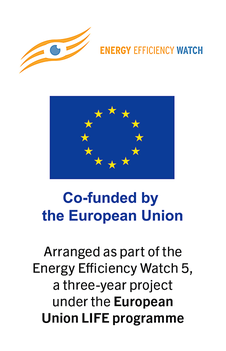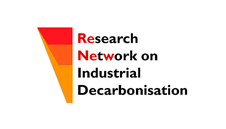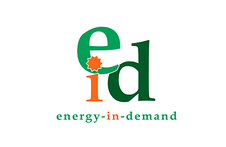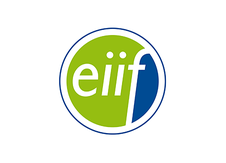Search eceee proceedings
Dynamic foundations: the role of industrial efficiency in limiting 21st century warming to 2 degrees
Panel: 1. Policies and programmes
This is a peer-reviewed paper.
Author:
Nate Aden, World Resources Institute, USA
Abstract
The Paris Agreement of 2015 built on individual country-level mitigation actions to present a vision of global action for holding the increase of average temperatures to well below 2 degrees Celsius above pre-industrial levels. While the Agreement offers a moral foundation for future action and a novel collaborative framework for global environmental governance, a significant gap remains between existing country commitments and the aspirational 2-degree pathway. Companies, cities, regions, and other non-state actors are stepping forward to reduce their own emissions and bridge the global gap.
The Science Based Targets initiative is a collaboration between the World Resources Institute (WRI), CDP (formerly the Carbon Disclosure Project), the World Wildlife Fund (WWF), and the United Nations Global Compact to help companies develop emission reduction targets consistent with a global 2-degree pathway. At the company level, the primary levers for achieving these reductions are efficiency improvements and decarbonization via fuel switching. As of June 2016, more than 160 companies have demonstrated the business case for mitigation investment by publicly committing to develop science-based targets that align their companies with a global 2-degree pathway.
Based on sector analyses and company targets, this paper describes cumulative emissions budgets, pathways, and mitigation practices for transitioning energy-intensive industry to a 2-degree pathway. The paper also discusses the role of science-based targets and other voluntary initiatives, sector programs, and policies in moving industry toward a 2-degree pathway. Whether emissions are reduced to a level that holds warming to 1.5 degrees or soars beyond 6 degrees, the industrial sector will play a central role in bringing about and responding to climate impacts.
Downloads
Download this paper as pdf: 1-062-16_Aden.pdf
Download this presentation as pdf: 1-062-16_Aden_presentation.pdf














